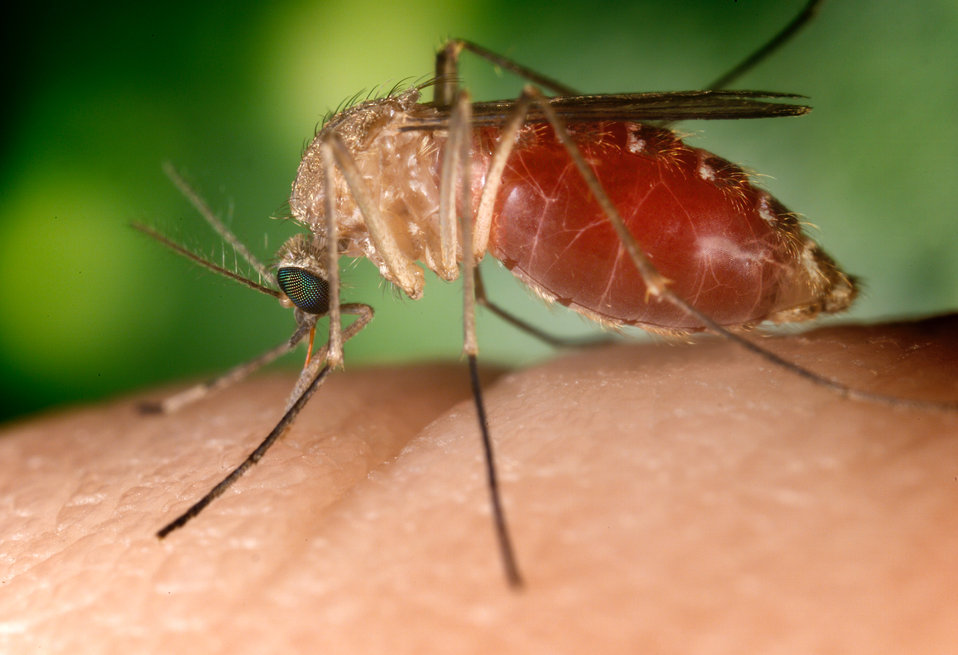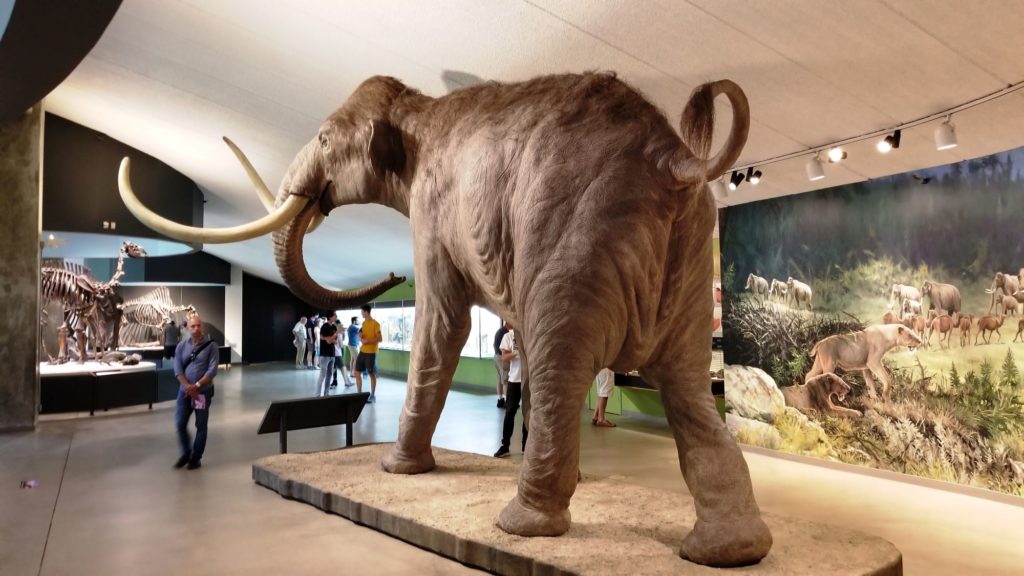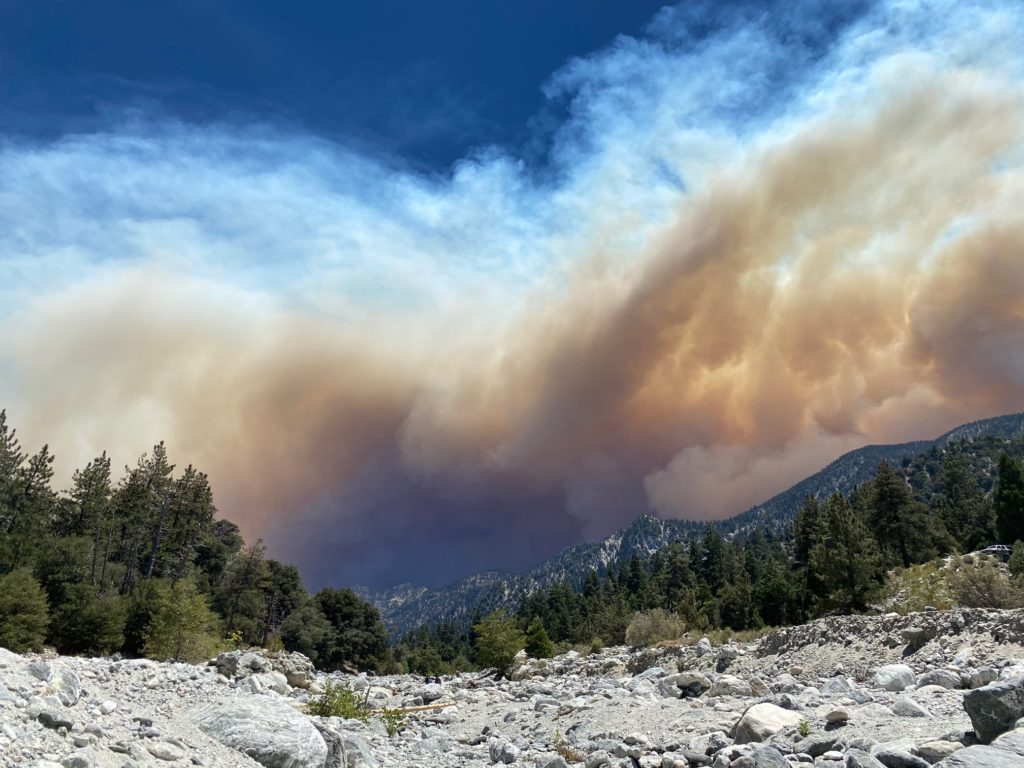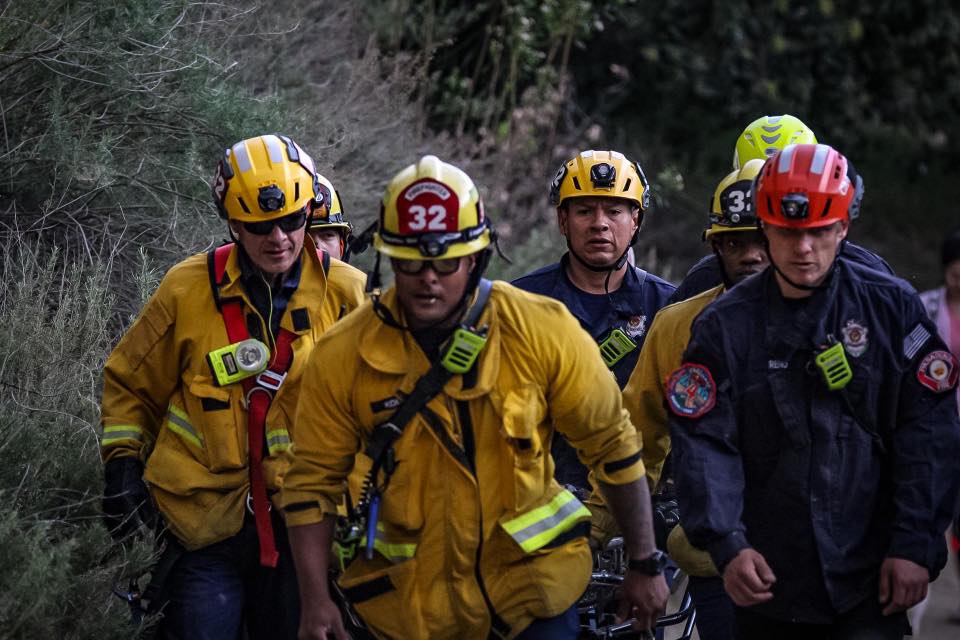
The Los Angeles County Department of Public Health (Public Health) has identified the first two cases of human West Nile virus (WNV) infection in Los Angeles County for the 2020 season (excluding Long Beach and Pasadena as cases identified in those cities are reported by their local health departments).
An older adult with no underlying illness was hospitalized with neuroinvasive disease in early July and is recovering. The second case was detected in late July in a healthy blood donor. The positive blood units were discarded. Both are residents of the San Fernando Valley region.
“West Nile virus continues to be a serious health threat to residents in Los Angeles County. We encourage residents to cover, clean or get rid of items that can hold water and breed mosquitoes both inside and outside your home. This is important now more than ever as we spend a majority of our time at home,” said Los Angeles County Health Officer Dr. Muntu Davis. “We are now in peak mosquito season in Los Angeles County and residents should also protect themselves from mosquito-borne illnesses by using EPA-registered mosquito repellent products.”
Mosquito season in Los Angeles County starts in June and ends in November.
Humans get WNV through the bite of an infected mosquito. Most mosquitoes do not carry the virus; therefore, most people bitten by a mosquito are not exposed to WNV. Those who do get WNV may experience mild symptoms including fever, muscle aches, and tiredness. In some cases, especially in persons over 50 years of age and those with chronic medical conditions such as cancer and diabetes, severe WNV infection can occur and affect the brain and spinal cord causing meningitis, encephalitis, and paralysis. There is no specific treatment for WNV disease and no vaccine to prevent infection.
The number of people infected with WNV each year in L.A. County is estimated to be more than 10,000, because most infected persons do not experience any illness or perhaps only mild illness. These cases are neither reported nor even recognized as WNV. Moreover, Public Health has reported elevated numbers of WNV cases in L.A. County over the previous 5 years, at an average of 159 cases per year. More than three-quarters of reported cases have had severe disease and approximately 7% of patients with severe WNV have died from complications.
“It’s important to remember that West Nile virus is transmitted by infected mosquitoes,” says Truc Dever, general manager of the Greater Los Angeles County Vector Control District. “That’s why residents need to take measures to prevent mosquito bites, especially now that most people are staying home and spending time in their yards. Remember to tip and toss anything that can hold water on your property and use insect repellent when mosquitoes are present. Reducing the risk of mosquito-borne disease infection is a shared responsibility for everyone in L.A. County.”
Stagnant swimming pools or “green pools” should be reported to the Public Health Environmental Health Bureau at (626) 430-5200, or to a local vector control agency. Dead birds may be reported by calling (877) 968-2473 or online.
Recovery from WNV can take months or years. One study showed that 12 months after infection, about half of those with this disease continued to have cognitive and physical impairment such as memory loss, difficulty walking and fatigue.
Decrease your risk of exposure:
- PROTECT YOURSELF: Mosquito repellents can keep mosquitoes from biting you. EPA-registered repellents containing DEET, picaridin, IR3535, 2-undecanone, and oil of lemon eucalyptus are the longest lasting and most effective. They are available as sprays, wipes, and lotions. Find the repellent that’s right for you here. Consider wearing long-sleeved clothes and pants when outside.
- MOSQUITO PROOF YOUR HOME: Make sure that your doors and windows have tight-fitting screens to keep out mosquitoes. Repair or replace screens with tears or holes.
- REDUCE MOSQUITOES: Mosquitoes lay their eggs in standing water.
- Check for items that hold water inside and outside your home once a week.
- Cover water storage containers such as buckets and rain barrels. If no lid is available, use wire mesh with holes smaller than an adult mosquito.
- Clear standing water in flowerpots, saucers, birdbaths and other containers.
- Clean and maintain swimming pools, spas and drain water from pool covers.
- Throw away old items in your patio or yard that can hold water, e.g., old car tires and children’s toys.
- Call 2-1-1 or visit socalmosquito.org to report persistent problems to your mosquito control district.
More information and resources:
- West Nile virus in L.A. County: lacounty.gov/acd/VectorWestNile.htm.
- West Nile virus information by phone: (800) 232-4636.
- West Nile virus in California: westnile.ca.gov.
- Health education materials on mosquito control and preventing West Nile virus infections: socalmosquito.org.
- It’s Not Just A Bite, a mosquito-borne disease public health campaign: bit.ly/NotJustABite.
Where to call with questions about mosquitoes:
- Greater Los Angeles County Vector Control District: (562)944-9656.
- Los Angeles County West Vector Control District: (310) 915-7370.
- San Gabriel Valley Mosquito and Vector Control District: (626) 814-9466.
- Antelope Valley Mosquito and Vector Control District: (661) 942-2917.
- Compton Creek Mosquito Abatement District: (310) 933- 5321.
- Pasadena City Health Department: (626) 744-6004.
- City of Long Beach Vector Control Program: (562) 570- 4132.






